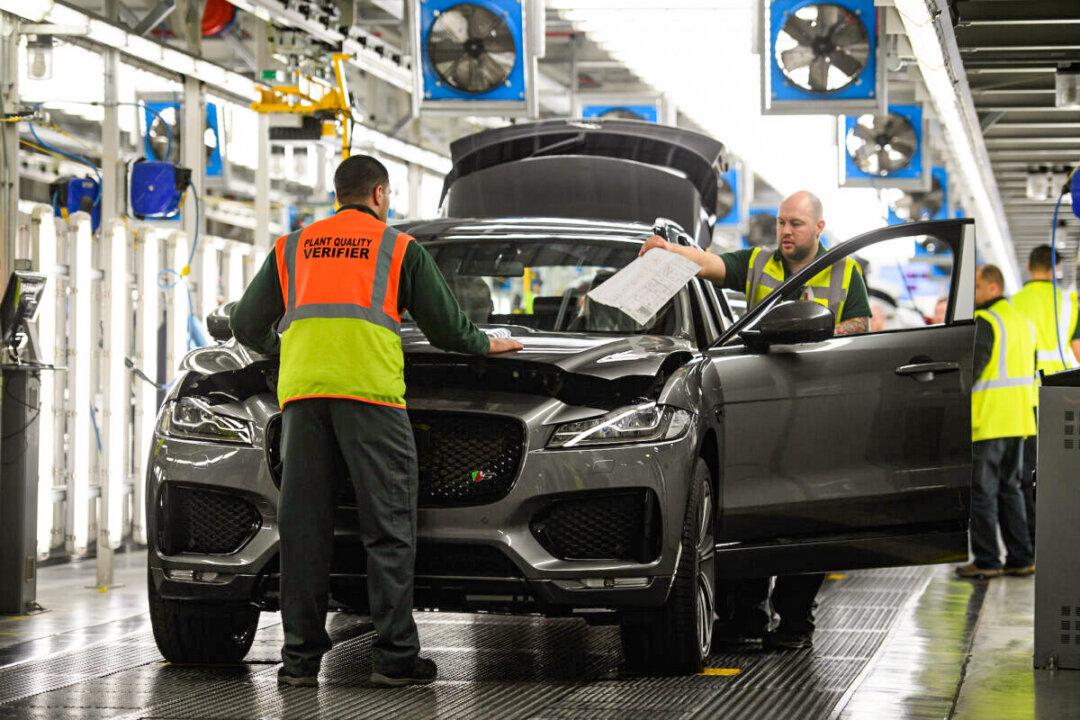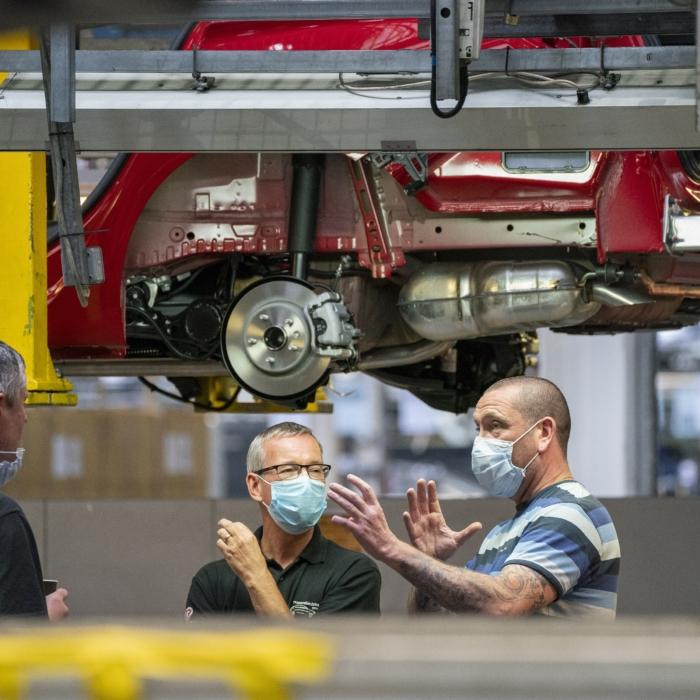The UK manufacturing sector enjoyed rising levels of production and new businesses in May, at the quickest rates since early 2022, a survey has found.
The figures for May recorded a Manufacturing Purchasing Managers Index (PMI) of 51.2. A reading above 50 indicates that the manufacturing economy is generally expanding.
“May saw a solid revival of activity in the UK manufacturing sector, with levels of production and new business both rising at the quickest rates since early 2022,” said Rob Dobson, director at S&P Global Market Intelligence.
For the first time in over two years, all three product categories covered by the survey—consumer, intermediate, and investment goods—showed concurrent expansions. The same result was recorded for all company sizes, whether small, medium, or large.
“While the latest upturn was dependent on a strengthening domestic market, there were signs of overseas demand also moving closer to stabilisation,” Mr. Dobson added.
The level of new business placed with British manufacturers rose for the second time in the past three months, however new export orders fell for the 28th month in a row.
The survey recorded reduced levels of new work from the United States, the EU, and the Middle East. However, the contraction was the weakest since March 2022.
At the same time, business optimism sprang to a 27-month high. Sixty-three percent of UK manufacturers expect the production volume to be higher one year from now.
Business confidence was boosted by hopes of economic growth in the future through continued economic recovery and improved export orders. According to CIPS and S&P Global, some firms showed concern over political and economic uncertainty, both at home and overseas.
This follows global disruptions to supply chains early this year, including diversion of freight, as a result of the crisis in the Red Sea.
UK firms have also felt the impact caused by conflicts in Ukraine and the increased tension in the Taiwan Strait and South China Sea.
Inflation
Input buying increased slightly in May, marking a break in reduced purchasing activity for the past 22 months. Input costs increased for the fifth successive month, but to a lesser extent than in April.Chemicals, metals, paper, polymers, pulp products, and timber were more expensive in May, the survey found.
In purchasing costs, manufacturers saw a decrease in the investment goods sector for the first time in the year so far. In consumer goods, cost inflation eased sharply in May.
Output price increased in the consumer and intermediate goods sectors, but eased at investment goods producers.
“The latest PMI survey data provided a mixed picture for price pressures at manufacturers, however. At the factory gate, output charge inflation strengthened for the fifth successive month and to its highest level in a year. That said, a solid easing in the rate of increase in input costs should help prevent price pressures from becoming embedded,” said Mr. Dobson.
Despite the rising levels of production and new businesses, high prices across the manufacturing sector could prompt the Bank of England (BoE) to delay interest rate cuts until inflation eases further.
The BoE wants to see a stable easing of inflation, before it moves to slash the historically high interest rate, which is currently at 5.25 percent.
Last November, Prime Minister Rishi Sunak vowed to make the UK a world leader in manufacturing. The promise came following the Autumn Statement and the announcement of more than £4.5 billion in funding for manufacturing industries, including automotive, aerospace, clean energy, and life sciences.







